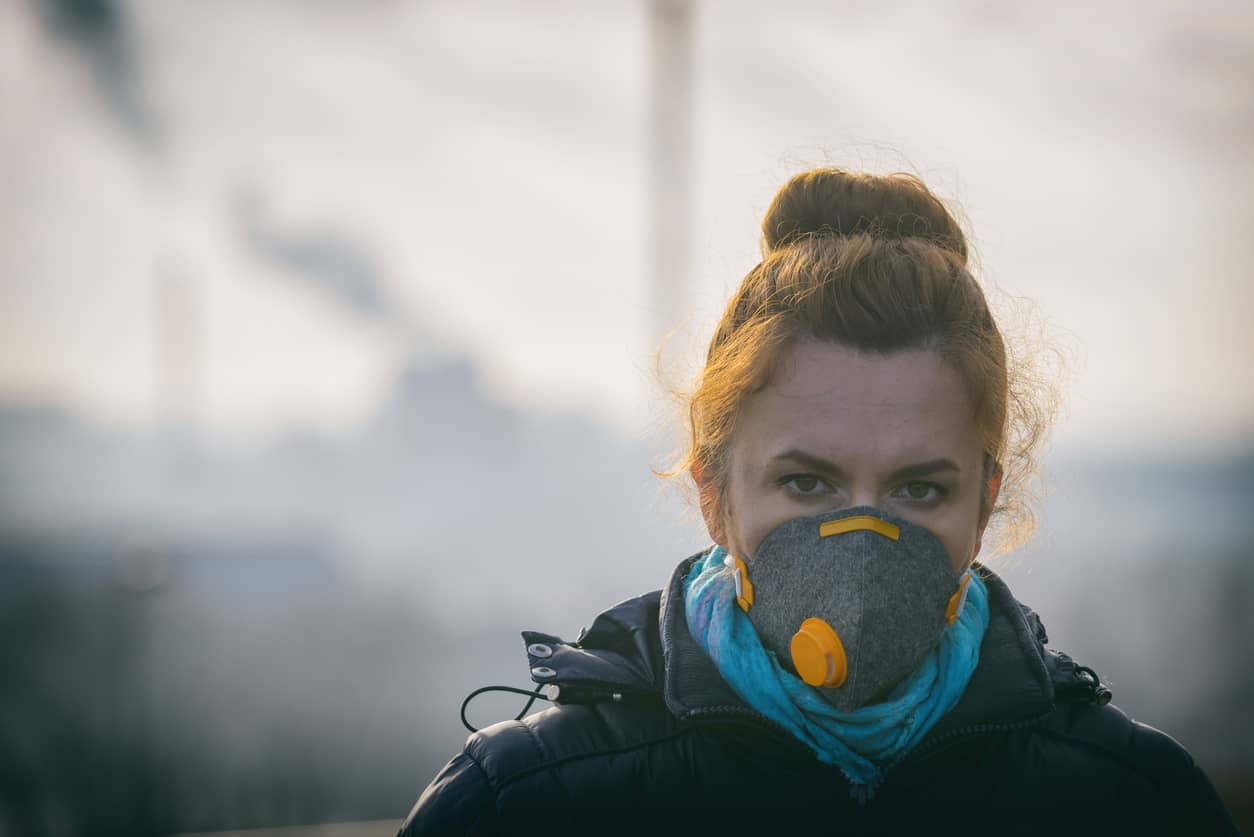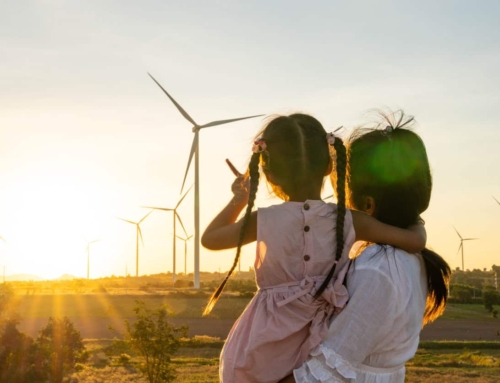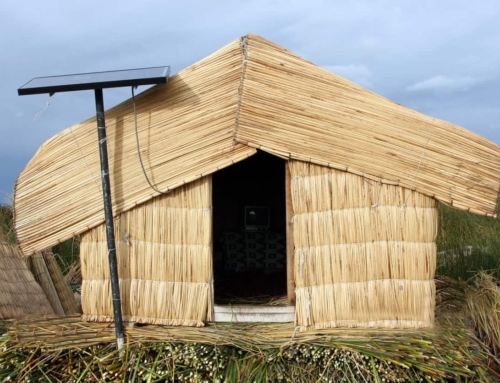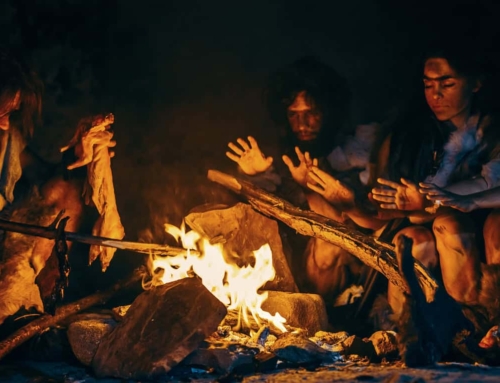I’d just finished giving testimony to an administrative law judge on why a new dirty tar sands pipeline was a bad idea. It is the climate equivalent of putting 40 black smoking coal plants in my state. There was a group of Union Local 49 guys in yellow t-shirts that said “Support Line 3,” at the hearing. So I wandered over and introduced myself to their leader. I asked him why they were supporting the pipeline, since my view was that it was a climate disaster.
He answered quickly, “We want the jobs.”
Being a clever boy, I thought to myself, “I’ve got an answer for this one.” I said, “Well, clean renewable energy can create 10 times the number of jobs in our state.”
He paused and looked at me, then said, “We want those jobs too.”
I had fallen into the trap of the economic narrative. All jobs are good. I had no immediate reply.
Narratives are the stories we tell ourselves under a particular set of world views. Holding a worldview is a way to simplify information so we don’t have to think in detail about everything we encounter. For example, “Hard work is good,” is a worldview. The narrative is that if we work hard we will get ahead, maybe even into heaven. Perhaps this is true. But, like a frame, it also justifies the need for work, that any work is good, and if we work we will be rewarded. (Or if we don’t work, it’s our own fault.) If we had to stop and think about this each time we went to work, we’d be immobilized.
The problem of worldviews and the narratives that support them is that they are sometimes based on a view of the past. They can also be created to serve parochial interests. For example, the worldview big government is bad. Since worldviews are generally entrenched in a culture, maybe we should actually stop and question them. Hanging on to old narratives and worldviews during crises like the pandemic or climate change doesn’t work. It keeps us from adapting and creating new solutions. Let’s start with the economic narrative.
What is the economy? We make sacrifices for the economy. We stimulate the economy. We pollute our air, water and land for the economy. It must really be important. The economic narrative goes something like this.
- Growth is required for progress (progress is good)
- The economy is the engine of growth
- Money measures this growth through corporate profits
- Profits allow corporations and employers to provide jobs.
- All jobs are good (make us happy), provide money, and allow us to consume
- Consumerism drives growth.
Implied in this endless cycle is that free markets are best and corporations are good. Anything that limits growth or profits is bad; for example, governments, regulations and taxes.
But here are a few questions to ask to challenge our blind acceptance of the economic narrative and why it no longer works.
- Why do we need unlimited growth? Today, we are using more resources than the earth can regenerate.
- Why don’t we consider the quality of jobs generated rather than simply the number? Are coal mining jobs equal to renewable energy jobs?
- Why are profits the only measure of success? What about health or happiness?
- Why are private corporations given control over our lives. Why does Exxon Mobile get to determine the fate of your children?
- “Who is the economy? Who does it serve.”
The economic narrative is a dominant narrative in our culture. The best way to change the dominant narratives is by telling better stories. For example, it’s easier and you might remember my story about trying to use jobs as a reason to abandon Line 3. I’d have been better off with the union leader if I had told a story about the health impact on friends in cancer ally where the oil is refined.
As climate communicators we need to be careful about falling into the trap of supporting the dominant narratives, especially the economic narrative. It doesn’t mean that we can’t talk about jobs at all. Rather it means pivoting to other narratives of climate justice, the natural world, health, heritage, or even a religious narrative, as opposed to only the economic narrative. As an example, jobs as part of a justice platform or health platform in a Green New Deal.
If we only tell stories based on the dominant narratives, then nothing is going to change.
‘We are all connected. Savor the Earth!’™
Hobie,
L. Hobart Stocking
SkyWaterEarth.com
hobart@skywaterearth.com
651-357-0110
Facebook: @SkyWaterEarthConnected
Twitter: @SkyWaterEarth








Leave A Comment